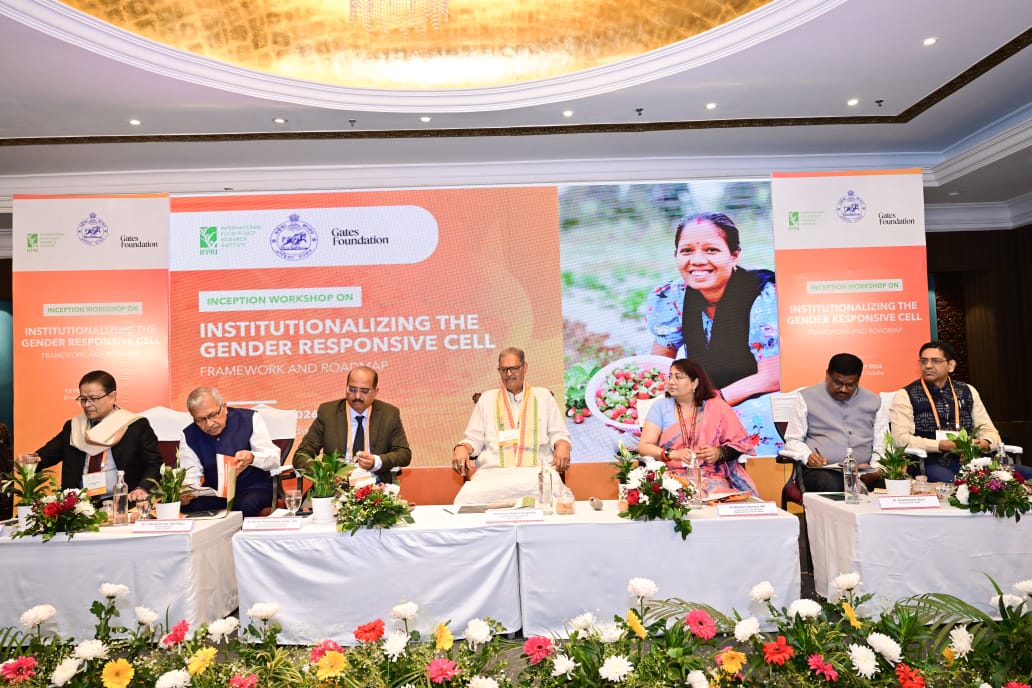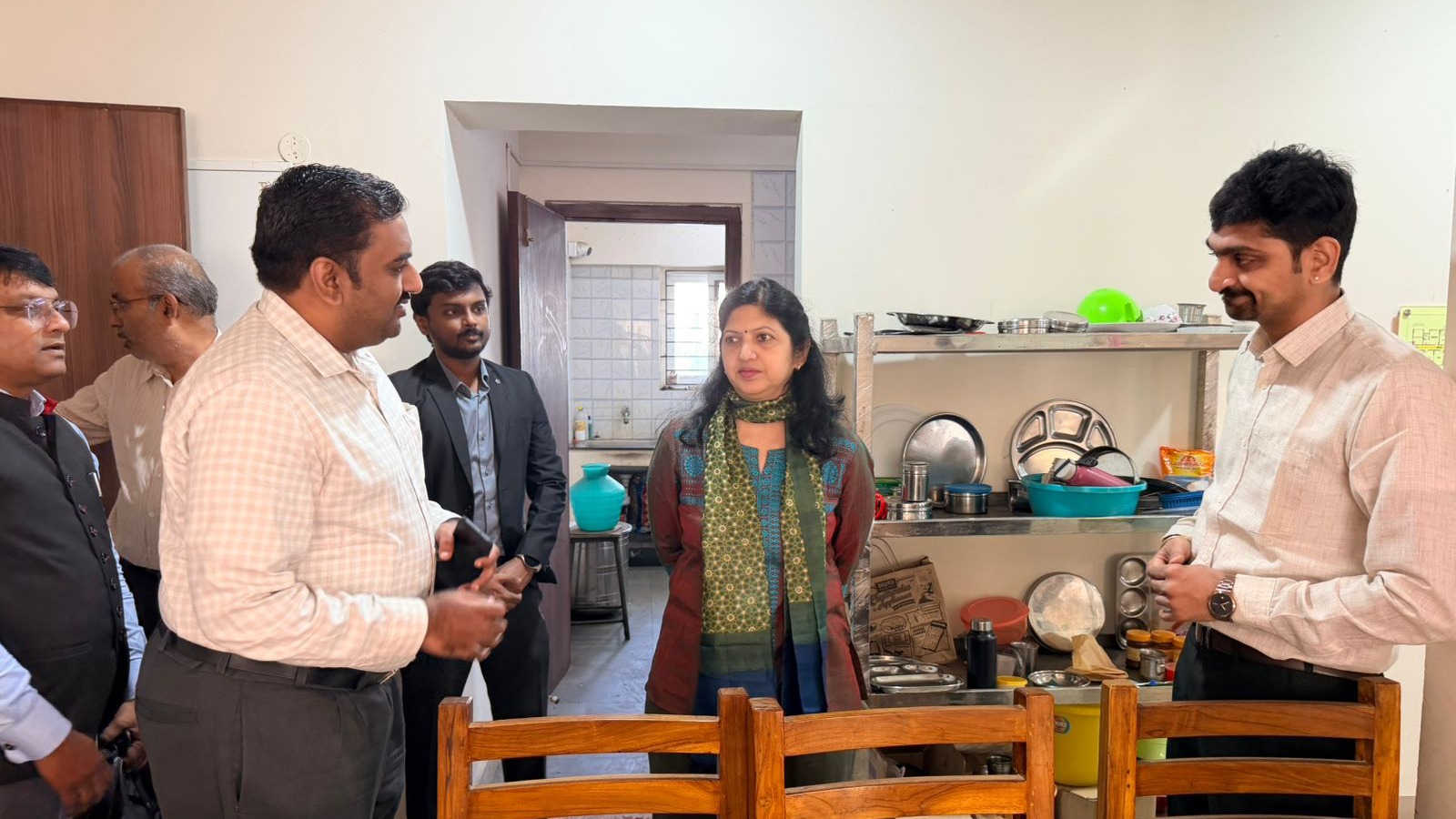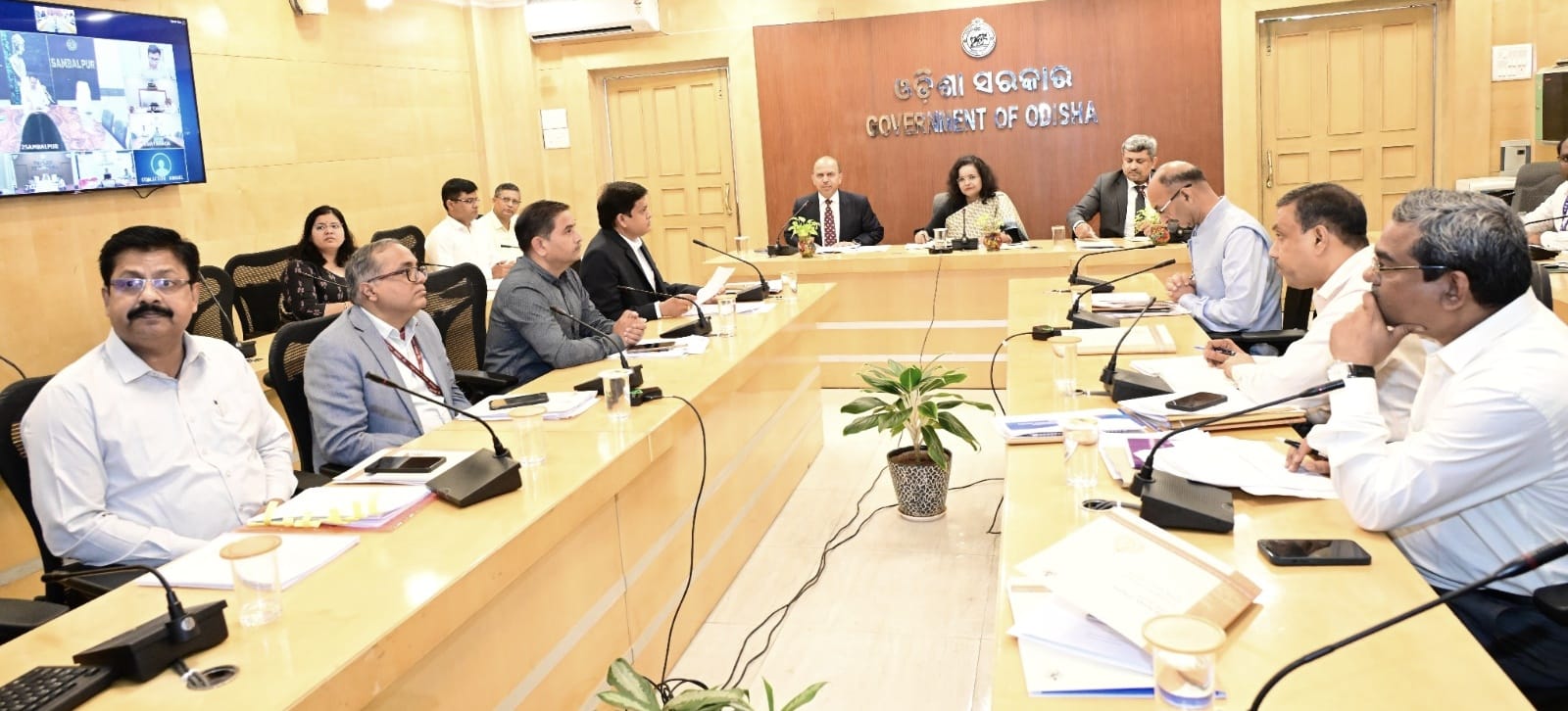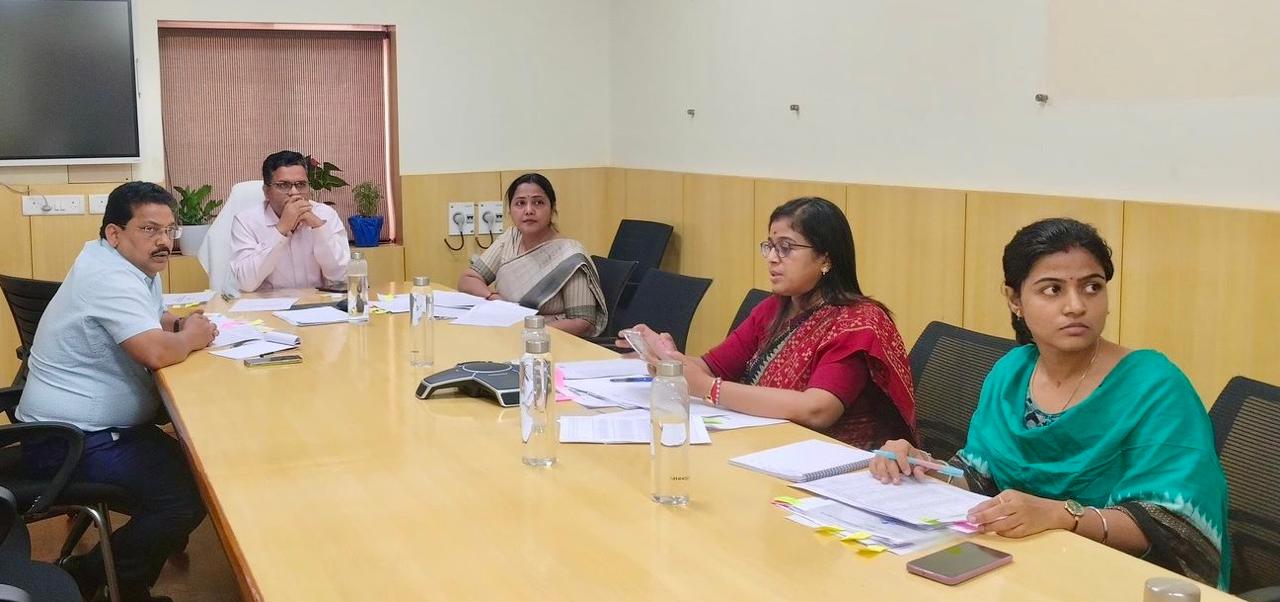Bhubaneswar: The transformative potential of small-scale climate-smart agricultural practices was the focus of a three-day international conference on sustainable agricultural development, which began today at Siksha ‘O’ Anusandhan Deemed to be University (SOA). The conference, themed ‘Sustainable Agricultural Development with Climate Smart Systems,’ is being held in a hybrid mode and has attracted experts from around the world.
The inaugural session of the conference saw Popatrao Baguji Pawar, Sarpanch of Hiware Bazar in Maharashtra, share inspiring success stories of how small, strategic efforts in sustainable agriculture have revitalized his region. Hiware Bazar, once plagued by drought, now exemplifies a model of transformation, witnessing a reverse migration from cities as local agriculture thrives. “The transformation in Hiware Bazar is a testament to how dedicated efforts in water and soil conservation can bring about profound change,” Pawar noted, highlighting the increase in farmer earnings from Rs. 9 lakh per acre—over twenty times the previous income.
Odisha’s Deputy Chief Minister, Kanak Vardhan Singh Deo, who was the chief guest, emphasized the crucial role of agriculture in fostering reverse migration and addressing climate challenges. He urged for innovative approaches to combat water scarcity and called for a shift towards organic fertilizers to preserve soil health. “While technology advances agricultural production, we must not overlook the environmental impact of chemical fertilizers. Our future generations depend on our ability to maintain soil health and embrace sustainable practices,” Singh Deo said.
The conference, organized by SOA’s Centre for Climate Smart Agriculture (CCSA) and the faculty of Agricultural Sciences, in collaboration with the local chapter of the Indian Meteorological Society, addressed the pressing need for climate-resilient agricultural systems. Prof. Chittaranjan Ray from the Nebraska Water Centre, USA, and Prof. Pravat Kumar Roul, Vice-Chancellor of Odisha University of Agriculture and Technology (OUAT), also spoke at the event. They highlighted the dual role of agriculture as both a provider of food and a contributor to global warming. Prof. Ray discussed the US government’s aim to achieve carbon negativity by 2050, while Prof. Roul pointed out that recent years have been among the warmest on record, emphasizing the need for effective adaptation strategies.
Prof. Pradipta Kumar Nanda, Vice-Chancellor of SOA, emphasized the university’s commitment to researching climate change and its impacts. SOA has recently signed a Memorandum of Understanding (MoU) with the Indian Institute of Tropical Meteorology (IITM) to study extreme weather phenomena like lightning and thunderstorms. “Our goal is to develop research-driven solutions to help farmers adapt to climate variability while continuing traditional cropping practices,” Prof. Nanda stated.
The conference also addressed the frequent extreme weather events affecting agriculture, such as dry spells and heatwaves. Prof. Rabindra Kumar Panda, Director of CCSA, underscored the need to balance greenhouse gas reduction with maintaining traditional farming systems. “The impact of climate variability is significant, and it is imperative to develop systems that help farmers adapt to these changes effectively,” he said.





